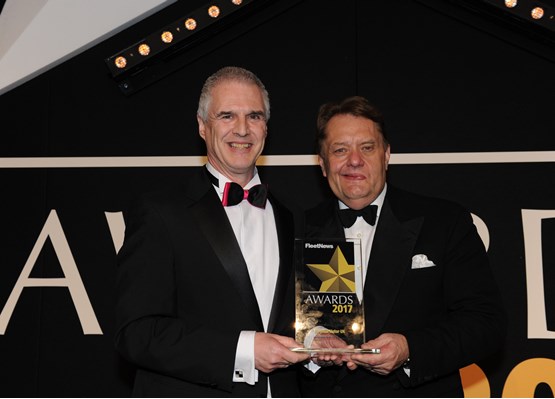 Hyundai has broken new ground as a green vehicle manufacturer in recent years. Its Ioniq features the world’s first dedicated vehicle platform that supports three distinct low-emission powertrains – electric, hybrid and plug-in hybrid – while its ix35 Fuel Cell was the first mass-produced hydrogen fuel cell vehicle.
Hyundai has broken new ground as a green vehicle manufacturer in recent years. Its Ioniq features the world’s first dedicated vehicle platform that supports three distinct low-emission powertrains – electric, hybrid and plug-in hybrid – while its ix35 Fuel Cell was the first mass-produced hydrogen fuel cell vehicle.
Making these cars available to business users on highly competitive terms, as well as supporting them with award-winning aftersales services, is a crucial aspect of Hyundai’s long-term commitment to reducing the environmental impact of its fleet vehicles.
The manufacturer is investing heavily in low-emission technologies.
By 2020 it will introduce 28 low emission vehicles, including 10 new hybrid models, eight plug-in hybrid models, eight electric vehicles and two dedicated fuel cell vehicles.
However, Hyundai knows there is much more to being a green car manufacturer than just producing low CO2 vehicles.
As a pioneer of hydrogen fuel cell technology, it is working with the Greater London Authority, the London Hydrogen Project and a range of other bodies across the world to develop a hydrogen fuel infrastructure.
Its environmental ethos is also apparent in its manufacturing process. ISO 14001 certification of Hyundai plants indicates that the environmental aspects and impacts of the production process are formally managed to meet its environmental objectives and policies.
Inside the Ioniq, a variety of trim is manufactured using eco-friendly materials – the interior door covers, for example, are made from recycled plastic and powdered wood.
Picture caption: Hyundai national fleet sales manager Paul Williams (left) receives the award from UK transport minister John Hayes CBE
Finalists
- n BMW (UK)
- n Hyundai Motor UK
- n Nissan Motor (GB)
- n Peugeot Motor Company
- n Renault (UK)
- n Toyota (GB)
Highly commended
- n Nissan Motor (GB)
- n Toyota (GB)
Judges’ comments
Hyundai is bringing alternative fuels into the mainstream in an innovative way with the Ioniq three-in-one car. It is committed to hydrogen as well as electrified platforms and its sustainable energy is evident in its Korean factory where surplus electricity produced by solar panels is fed back into the grid.
Award winner video
















Login to comment
Comments
No comments have been made yet.